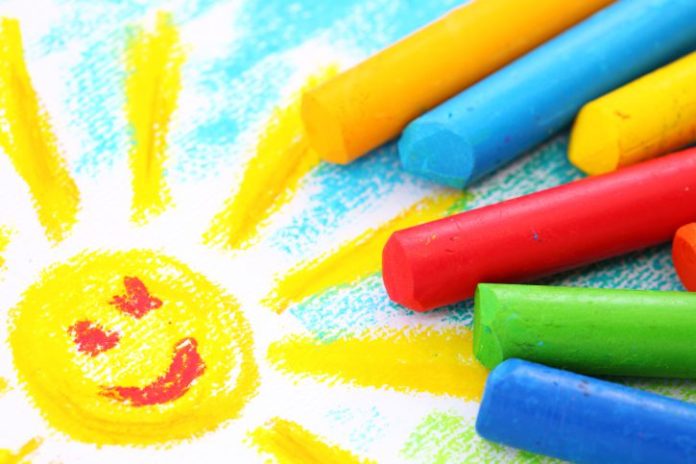Effective programs and services for early childhood development in Indigenous communities are the subject of three new papers released today on the Closing the Gap Clearinghouse website.
The paper, Early learning programs that promote children’s developmental and educational outcomes, shows that the early years are a critical period where the pathways to a child’s lifetime social, emotional and educational outcomes begin.
Indigenous children start school with relatively higher levels of developmental disadvantage, particularly related to literacy and numeracy skills. This education gap widens over time.
High-quality education and care programs in the years before school can help reduce this disadvantage; however Indigenous children generally have lower utilisation of these programs compared with non-Indigenous children.
Uptake of these programs by Indigenous families is enhanced when services are developed in partnership with local communities, are welcoming and respectful of families, and value the strengths of Indigenous children.
A second Clearinghouse paper, Improving access to urban and regional early childhood services, suggests a range of approaches that reduce barriers and promote engagement to improve access of Indigenous families to early childhood services.
These include: understanding local Indigenous childrearing practices and beliefs and maintaining their centrality as much as possible; involving the local community and Elders in planning and delivering services and training; and employing local Indigenous people in early childhood service agencies.
Preliminary research examined in the third Clearinghouse paper, Parenting in the early years: effectiveness of parenting support programs for Indigenous families, suggests early intervention parenting programs may be effective in reducing problem and risk behaviour among Indigenous children at home and school, and in increasing parental confidence.
But the paper notes that more research is needed to determine the effectiveness of parenting education and home visiting programs for Indigenous families.











